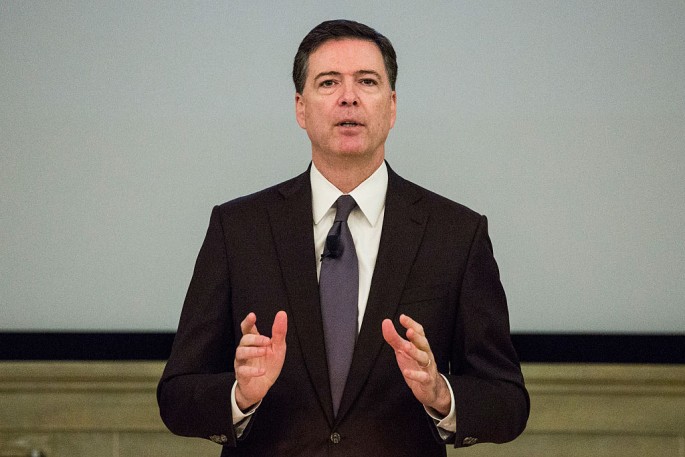Even if U.S. President Barack Obama did not push in October for legislation to require American technology companies such as Apple, Google and Facebook to reverse their smartphone encryption schemes, the FBI is seeking anew access to encrypted data.
The New York Times reports that FBI Director James Comey, in a speech on Wednesday in New York at a cybersecurity conference, cited the Paris terror attacks as changing the politics on encryption and other surveillance issues.
He laments the weakness of court orders to gain access to SMS or computer communications. "With lack of cooperation, we are left with 50-foot-high walls on either side," he points out.
Comey continues, "We have to get to a place where we push information to each other at a pace that moves with the speed of the threat."
Manhattan District Attorney Cyrus Vance, in a 42-page white paper, says his office failed to execute 11 search warrants on smartphones from September 2014 to October 2015. He attributes the failure to Apple's full disk encryption. The system bans anyone, except the iPhone owner, to access a gadget's content without using the password.
Vance warns that the government risks losing evidence in major cases "if the contents of passcode protected smartphones remain immune to a warrant."
Apple and Google maintain that the move toward full disk encryption schemes are mainly to win battle with cybercriminals.
In October, Google said it would require Android devices capable of decent cryptographic performance to have full-disk encryption enable for the gadget to be declared compatible with the latest version of its mobile OS, Android 6.0 or Marshmallow. Google initially tried to make it mandatory for phonemakers with Android 5.0, or Lollipop, but abandoned the plan due to performance issues on some gadgets, reports PCWorld.



























